The NextGen Project Story
What is NextGen?
Project description
The Next Generation of Enhanced Employment Strategies (NextGen) Project is testing innovative, promising employment programs designed to help people facing complex challenges secure a pathway toward economic independence. The study is exploring programs’ designs, implementation, cost, and effectiveness at improving participants’ employment, income, and other outcomes.
The project is funded by the Office of Planning, Research, and Evaluation (OPRE) in the federal Administration for Children and Families, which has partnered with the Social Security Administration to incorporate a focus on employment programs for people with current or foreseeable disabilities who have limited work history and are potential applicants for Supplemental Security Income.
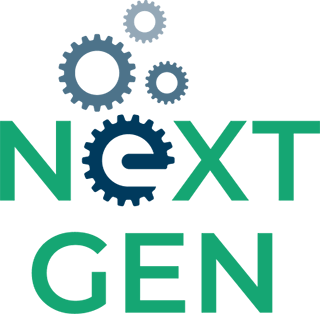
Study design
The NextGen Project team worked with employment program administrators, managers, policy makers, technical assistance providers, and researchers to find and recruit innovative employment programs for the study.
The project team is collecting and analyzing information about how the programs operate, their successes and challenges, costs, and effectiveness compared with other employment services available to people in the community. Key components of the study include:
- Impact studies to examine the programs’ impact on participants’ employment and earnings, and other outcomes of interest.
- Descriptive studies to describe the design and operations of the selected programs as well as implementation successes and challenges.
- Cost studies to examine each program’s sources of funding and its cost per participant.
The employment strategies we are studying

Bridges from School to Work (Bridges)
Bridges helps young adults with disabilities find work as they transition out of high school. The program partners with communities in 12 cities across the country. Over 90% of its participants are young adults of color.

Individual Placement and Support (IPS) for Adults with Justice Involvement
IPS aims to help people with severe mental illness find and work at jobs of their choice. Five mental health centers in the Midwest and South provide IPS to adults reentering communities after serving time in jail or prison, or being ordered to probation or to serve an alternative sentence.
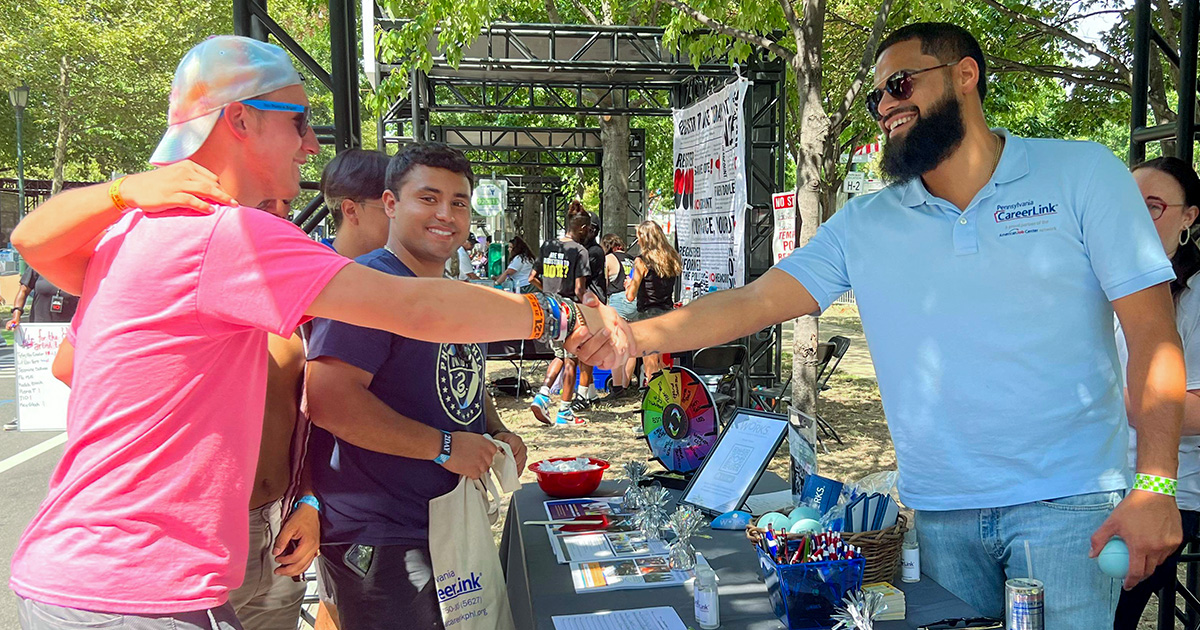
Philadelphia Workforce Inclusion Network (Philly WINs)
Philly WINs aims to help jobseekers with chronic or long-lasting physical, mental, or emotional health conditions match to self-sustaining jobs in Greater Philadelphia.
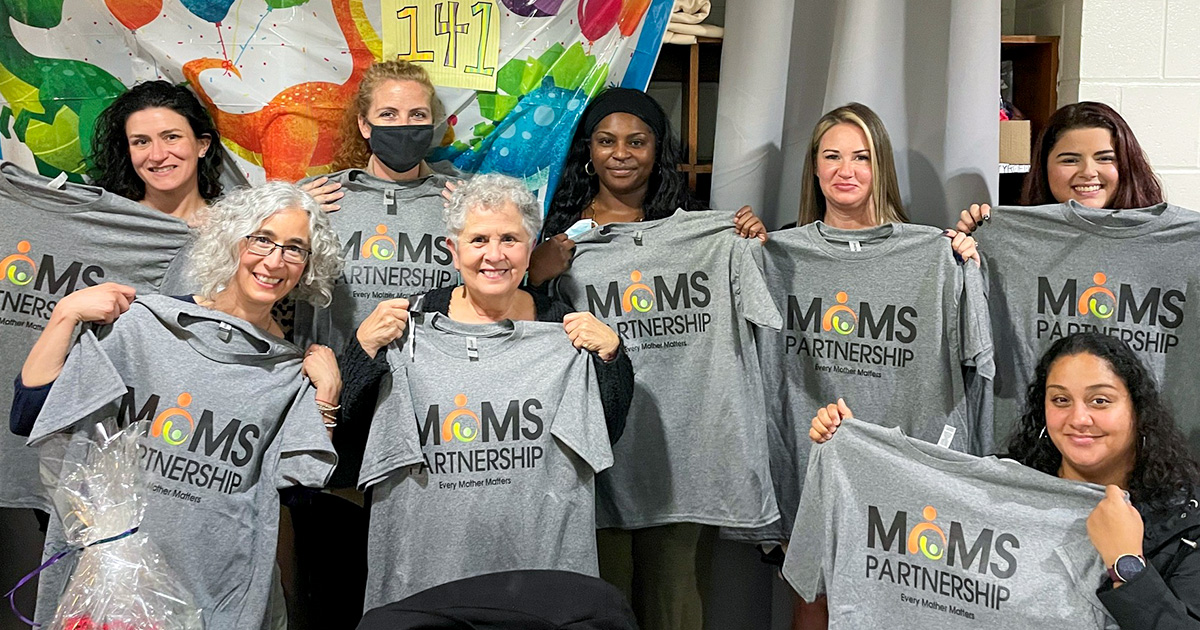
Western Mass Mental Health Outreach for Mothers (MOMS) PartnershipSM
MOMS aims to reduce depressive symptoms, improve social connections, and improve economic wellbeing of caregivers, who identify as women and nonbinary, with low incomes. The program operates in Holyoke and Springfield, Massachusetts.
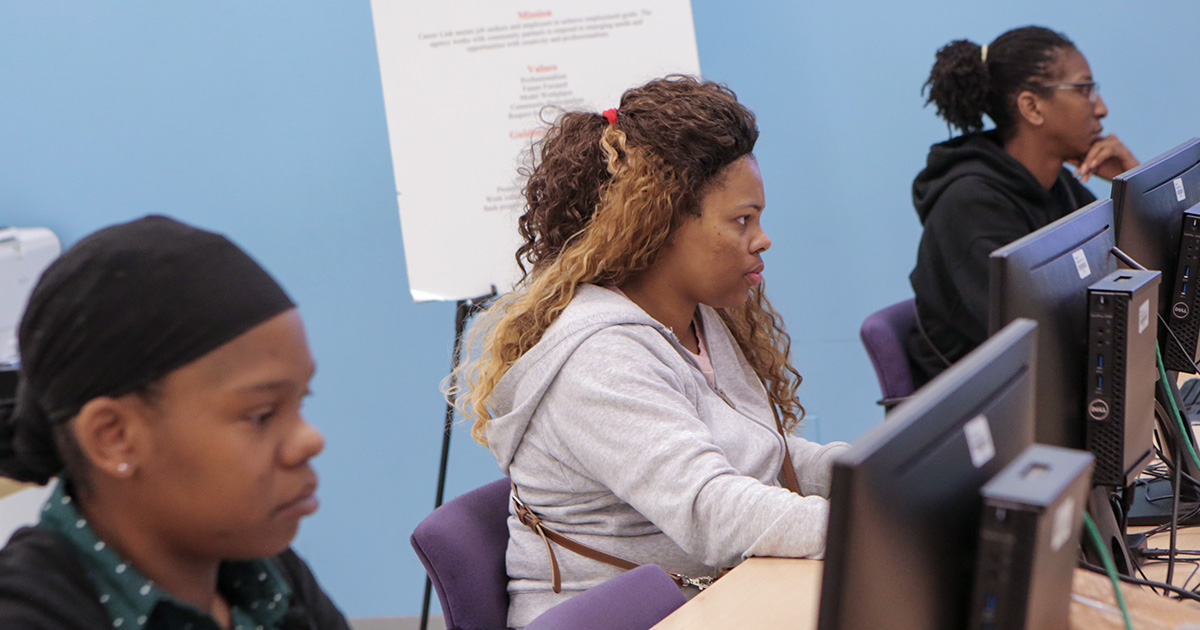
Work Success is a coaching program designed to help people receiving TANF and other job seekers find employment. Work Success is offered in about 30 American Job Centers throughout the state of Utah.
In depth looks at what we're learning
Explore the project more deeply through descriptive and special topics reports, videos, podcasts, and more.
Stay connected to the NextGen Project
Contact NextGenProject@Mathematica-MPR.com to sign up for the NextGen Project mailing list and get the latest from the project.

 What is NextGen?
What is NextGen?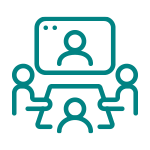 The employment strategies we are studying
The employment strategies we are studying In depth looks at what we're learning
In depth looks at what we're learning Stay connected to the NextGen Project
Stay connected to the NextGen Project